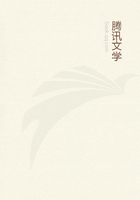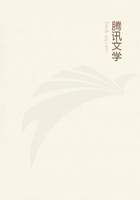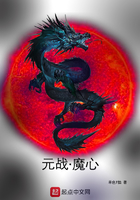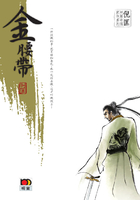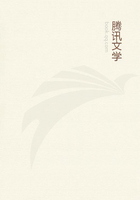Hence time is not movement, but only movement in so far as it admits of enumeration. A proof of this: we discriminate the more or the less by number, but more or less movement by time. Time then is a kind of number. (Number, we must note, is used in two senses-both of what is counted or the countable and also of that with which we count. Time obviously is what is counted, not that with which we count: there are different kinds of thing.) Just as motion is a perpetual succession, so also is time. But every simultaneous time is self-identical; for the 'now' as a subject is an identity, but it accepts different attributes. The 'now' measures time, in so far as time involves the 'before and after'.
The 'now' in one sense is the same, in another it is not the same.
In so far as it is in succession, it is different (which is just what its being was supposed to mean), but its substratum is an identity: for motion, as was said, goes with magnitude, and time, as we maintain, with motion. Similarly, then, there corresponds to the point the body which is carried along, and by which we are aware of the motion and of the 'before and after' involved in it. This is an identical substratum (whether a point or a stone or something else of the kind), but it has different attributes as the sophists assume that Coriscus' being in the Lyceum is a different thing from Coriscus' being in the market-place. And the body which is carried along is different, in so far as it is at one time here and at another there.
But the 'now' corresponds to the body that is carried along, as time corresponds to the motion. For it is by means of the body that is carried along that we become aware of the 'before and after' the motion, and if we regard these as countable we get the 'now'. Hence in these also the 'now' as substratum remains the same (for it is what is before and after in movement), but what is predicated of it is different; for it is in so far as the 'before and after' is numerable that we get the 'now'. This is what is most knowable: for, similarly, motion is known because of that which is moved, locomotion because of that which is carried. what is carried is a real thing, the movement is not. Thus what is called 'now' in one sense is always the same; in another it is not the same: for this is true also of what is carried.
Clearly, too, if there were no time, there would be no 'now', and vice versa. just as the moving body and its locomotion involve each other mutually, so too do the number of the moving body and the number of its locomotion. For the number of the locomotion is time, while the 'now' corresponds to the moving body, and is like the unit of number.
Time, then, also is both made continuous by the 'now' and divided at it. For here too there is a correspondence with the locomotion and the moving body. For the motion or locomotion is made one by the thing which is moved, because it is one-not because it is one in its own nature (for there might be pauses in the movement of such a thing)-but because it is one in definition: for this determines the movement as 'before' and 'after'. Here, too there is a correspondence with the point; for the point also both connects and terminates the length-it is the beginning of one and the end of another. But when you take it in this way, using the one point as two, a pause is necessary, if the same point is to be the beginning and the end. The 'now' on the other hand, since the body carried is moving, is always different.
Hence time is not number in the sense in which there is 'number' of the same point because it is beginning and end, but rather as the extremities of a line form a number, and not as the parts of the line do so, both for the reason given (for we can use the middle point as two, so that on that analogy time might stand still), and further because obviously the 'now' is no part of time nor the section any part of the movement, any more than the points are parts of the line-for it is two lines that are parts of one line.
In so far then as the 'now' is a boundary, it is not time, but an attribute of it; in so far as it numbers, it is number; for boundaries belong only to that which they bound, but number (e.g. ten) is the number of these horses, and belongs also elsewhere.
It is clear, then, that time is 'number of movement in respect of the before and after', and is continuous since it is an attribute of what is continuous.

